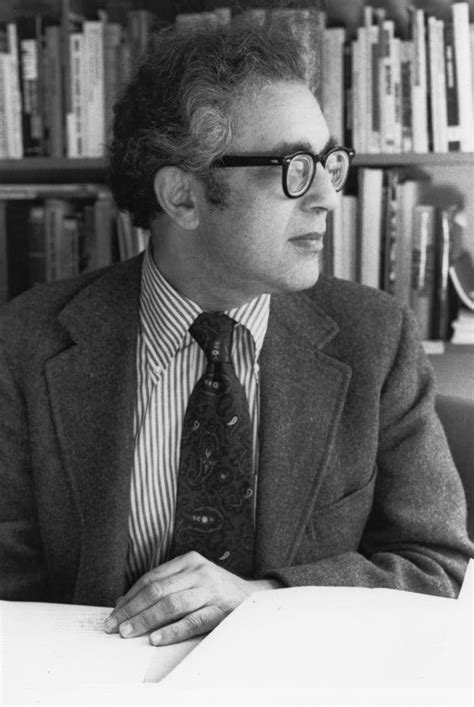A Quote by Clive Barker
We have great cities to visit: New York and Washington, Paris and London; and further east, and older than any of these, the legendary city of Samarkand, whose crumbling palaces and mosques still welcome travelers on the Silk road. Weary of cities? Then we’ll take to the wilds. To the islands of Hawaii and the mountains of Japan, to forests where Civil War dead still lie, and stretches of sea no mariner ever crossed. They all have their poetry: the glittering cities and the ruined, the watery wastes and the dusty; I want to show you them all. I want to show you everything.
Quote Topics
Any
Cities
City
Civil
Civil War
Crossed
Crumbling
Dead
Dusty
East
Ever
Everything
Forests
Further
Great
Great Cities
Hawaii
Islands
Japan
Legendary
Lie
London
Mosques
Mountains
New
New York
Older
Palaces
Paris
Poetry
Road
Ruined
Samarkand
Sea
Show
Silk
Silk Road
Still
Take
Than
Them
Then
Travelers
Visit
Want
War
Washington
Weary
Welcome
Whose
York
Related Quotes
As industries migrate toward the Far East, the future of many Western cities will no longer lie in manufacturing products but ideas and patents. Young, mobile elites can choose where they want to live, and they can easily move, which means that cities are involved in a heated competition for the best people. Only the most attractive cities can benefit from this development.
You have to take in the whole picture, and ask, "What is it you want? What kind of world do you want?" So, I have drawings of different cities. Those cities have an end goal; they're not just cities. The end goal of those cities is to make things relevant to people that they respond to. There's no other way.
In trading with each other cities can't be in too different stages of development, and they can't copy one another. Backward cities, or younger cities, or newly forming cities in supply regions, have to develop to a great extent on one another's shoulders. This is one of the terrible things about empires. Empires want them only to trade with the empire, which doesn't help them at all. It's just a way of exploiting them.
What people want now, they want jobs. They want great jobs with good pay. And I'll tell you, we're spending a lot of money on the inner cities - we are fixing the inner cities - we are doing far more than anybody has done with respect to the inner cities. It is a priority for me, and it's very important.
The Spirit of Cities presents a new approach to the study of cities in which the focus is placed on a city's defining ethos or values. The style of the book is attractively conversational and even autobiographical, and far from current social science positivism. For a lover of cities--and perhaps even for one who is not--The Spirit of Cities is consistently good reading.
Whoever is born in New York is ill-equipped to deal with any other city: all other cities seem, at best, a mistake, and, at worst, a fraud. No other city is so spitefully incoherent. Whereas other cities flaunt there history - their presumed glory - in vividly placed monuments, squares, parks, plaques, and boulevards, such history as New York has been unable entirely to obliterate is to be found, mainly, in the backwaters of Wall Street, in the goat tracks of Old and West Broadway, in and around Washington Square, and, for the relentless searcher, in grimly inaccessible regions of The Bronx.
I have crossed the seas, I have left cities behind me, and I have followed the source of rivers towards their source or plunged into forests, always making for other cities. I have had women, I have fought with men ; and I could never turn back any more than a record can spin in reverse. And all that was leading me where ? To this very moment.






































